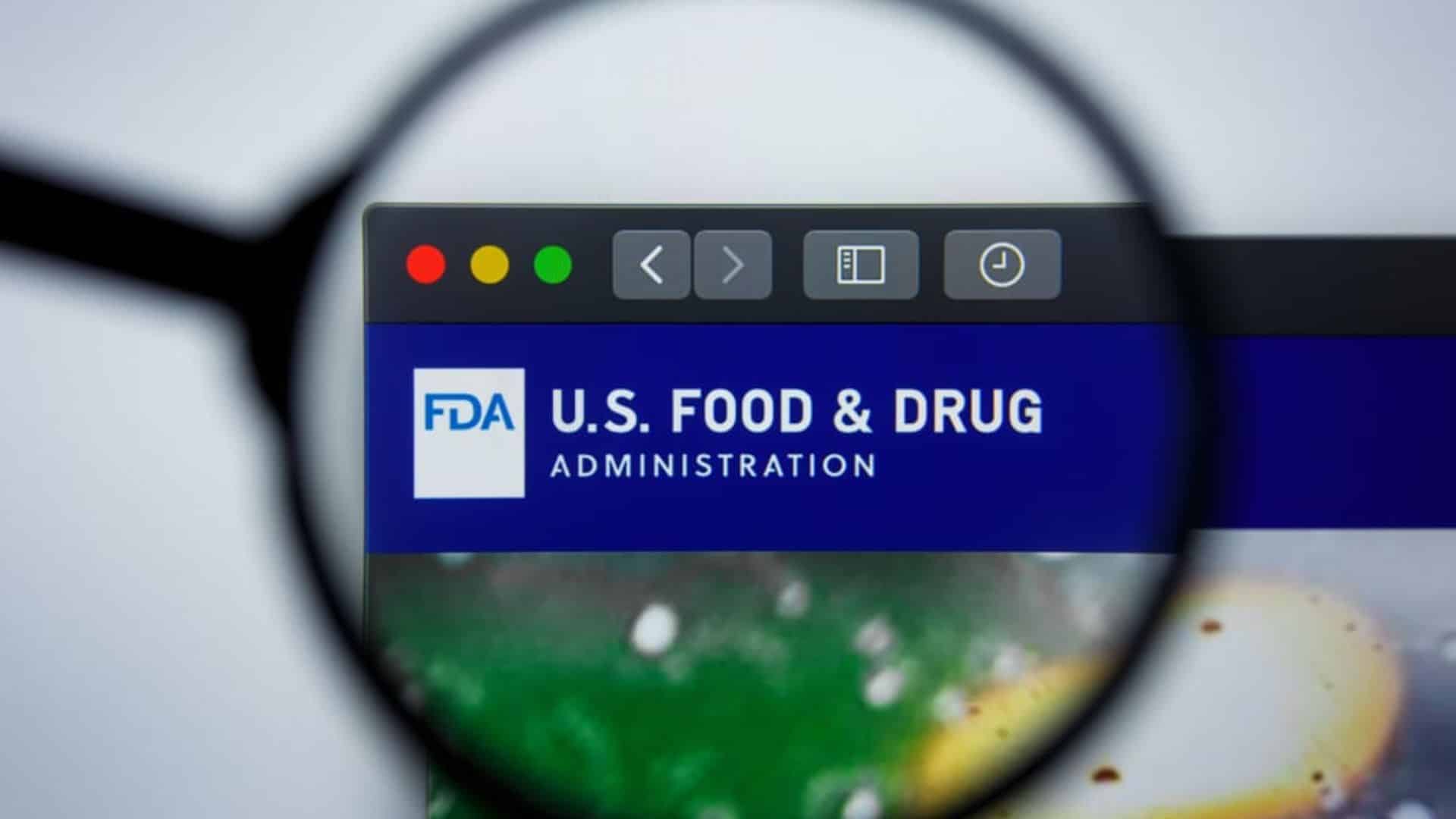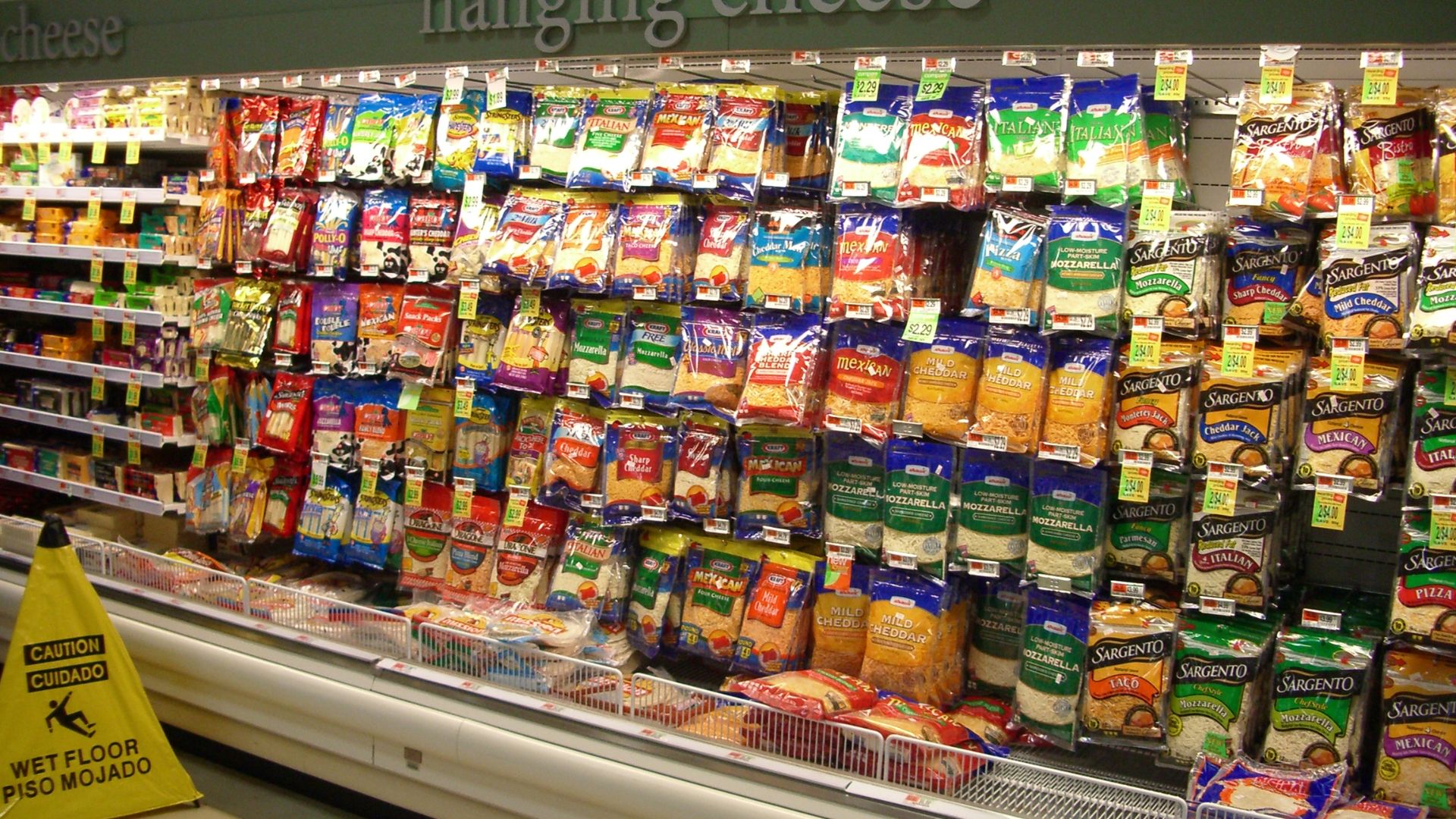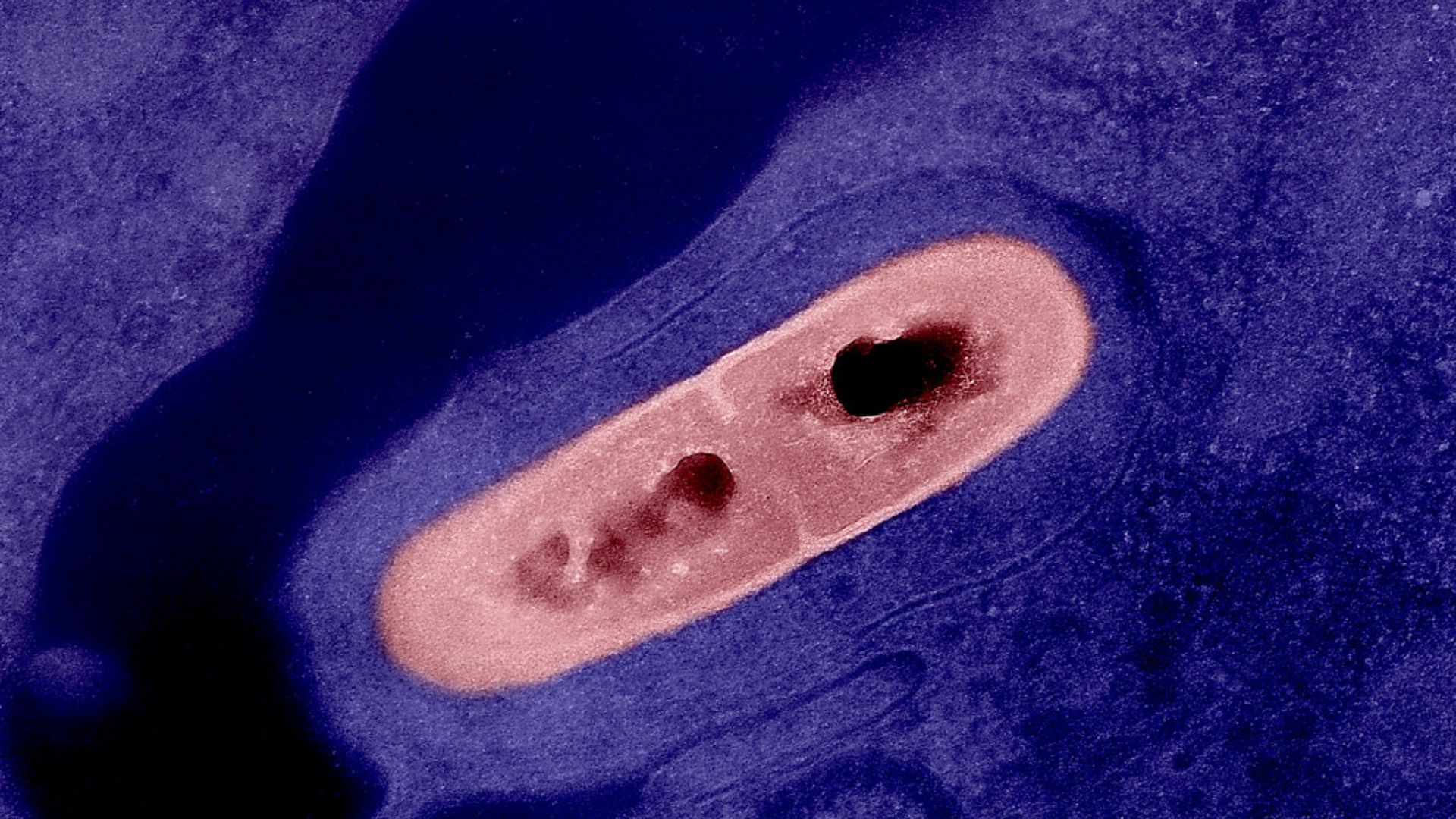Massive Cheese Recall in Four States Due to Listeria Contamination


A large cheese recall is underway from an Ohio-based food producer due to concerns of listeria contamination. The list of impacted products includes several different kinds of cheese that were distributed to four different states. The FDA issued the recall on its site on September 8, and this is what we know about the potentially contaminated products.
FDA Warning

The U.S. Food and Drug Administration has issued an urgent recall after finding Listeria monocytogenes in multiple cheese products. Concern over this bacteria prompted the agency to alert consumers and retailers alike. Although no illnesses have been reported so far, the potential health risks led to swift action to remove affected products from circulation.
Middlefield Original Cheese Co-Op and Sunrise Creamery

The recall centers on products made by the Middlefield Original Cheese Co-Op in Ohio and its partner Sunrise Creamery. When Listeria was found on some cheese and cutting equipment, the producers immediately halted sales for consumer safety.
Products Being Recalled

Recalled items include a variety of cheeses such as organic Gouda, cheddar, Swiss, pepper jack, mozzarella/provolone blends, and a unique “Dilly Pickle” Monterey Jack made with pickles.
States Impacted By the Recall

These unsafe cheeses were distributed through dining halls, retail stores, and distributors across four U.S. states: Ohio, Minnesota, Wisconsin, and Texas. This means products may still be in homes or foodservice establishments within those regions. Consumers in these areas should be especially vigilant.
Sell-By Dates

One of the key concerns is that many recalled cheeses have sell-by dates extending well into 2026, meaning they could still be in the refrigerators of consumers unknowingly. Some loaves are marked for February 2026, while other shredded and specialty packages have dates stretching into the same year.
Why is Listeria a Health Concern?

Listeria monocytogenes can cause health concerns in anyone, but is especially worrisome in high-risk groups, including pregnant individuals, infants, older adults, and those with weakened immune systems. Symptoms can range from mild, flu-like illness to severe infections such as sepsis and meningitis. As such, precaution and immediate intervention are critical, especially for the more vulnerable groups.
What to Do With Recalled Products

If you find any of the recalled cheeses in your home, they should not be consumed under any circumstances. Instead, discard them safely or return them to the store where they were purchased for a full refund.
FDA Recommendations

Beyond recalling the products, the FDA recommends thorough hand washing and sanitizing all surfaces that may have come into contact with the cheese. In foodservice settings, all equipment and prep areas should be cleaned and disinfected to prevent cross-contamination.
Conclusion

The cheese producer and the FDA are working together to notify the public as quickly and efficiently as possible to prevent any illness among consumers. By checking labels, discarding affected products, and keeping clean, we can all help keep Listeria out of our kitchens.
